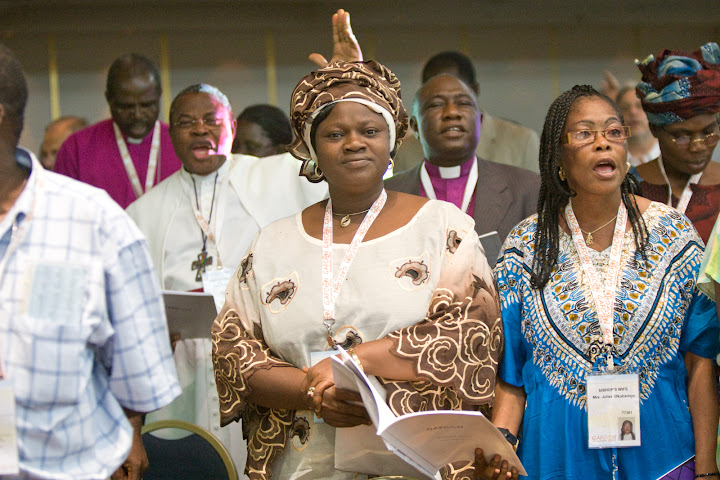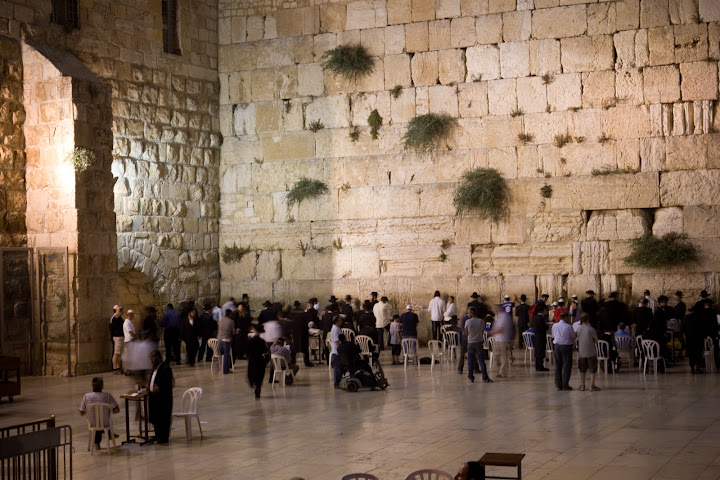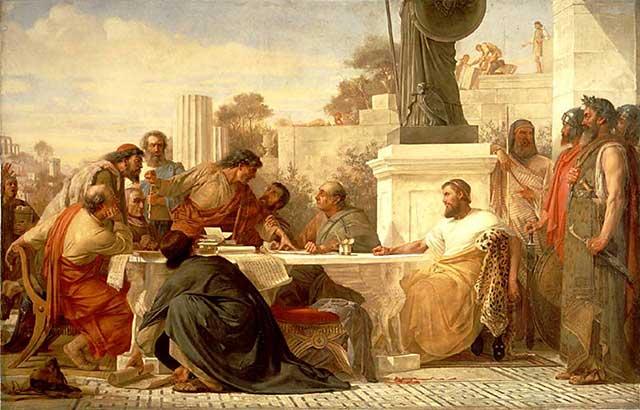The hairs on my neck stand up as I write this. It seems almost to small, to insignificant, to silly to pause and comment on. Indeed, if the church building is just a rain shelter or a sun shade, then my affections seem terribly trivial and misplaced. That is unless place, space, and beauty actually matter. For too long now we've taken our cue for church design from public school assembly halls: cheap, functional, and uninspiring. Our ecclesiastical aesthetic has developed a taste for the look and smell of a teenagers bedroom. So concerned have we become that someone might mistake a parochial building as the dwelling place of God Almighty, that we have gone out of way to make our places of worship ugly. Apathy towards beauty led to a blandness of design.
Do not mistake this a cry against functionality (which is very important), or even a rally for neo-Gothic architecture. I intend no such thing. Instead my realization after the last eight an a half years is that our aesthetic tastes communicate something. Our Christian forebears, often derided as superstitious, knew this. They built buildings appropriate for their time, fitting for the worship of the maker of all things, which conveyed the logic of the gospel: that God is in himself infinite beauty, that we care about this world and this place because we look forward to the day when it will be made new, and we invite you to leave your life that has been scarred and misshapen by sin and enjoy the beauty of the life of the Triune God.
Jean Cauvin includes a wonderful discussion in The Institutes of the Christian Religion (chapter XI) on the second commandment and the failure of the church in his day, amid the proliferation of icons, to educate and teach people. Yet for all his insight, what is striking is Cauvin's omission of the incarnation of Jesus, the "the reflection of God’s glory and the exact imprint of God’s very being". "We have seen his glory" writes the Evangelist, and in that glory, according to David Bentley Hart, we see the beautiful:
The beautiful is not a fiction of desire, nor is its nature exhausted by a phenomenology of pleasure; it can be recognized in despite of desire, or as that toward which desire must be cultivated. There is an overwhelming givenness in the beautiful, and it is discovered in astonishment, in an awareness of something fortuitous, adventitious, essentially indescribable; it is known only in the moment of response, from the position of one already addressed and able now only to reply. This priority and fortuity allow theology to hear, in the advent of beauty, the declaration of God’s goodness and glory, and to see, in the attractiveness of the beautiful, that creation is invited to partake of that goodness and glory. So say the Psalms: “Oh taste and see that the Lord is good.” Beauty thus qualifies theology’s understanding of divine glory: it shows that glory to be not only holy, powerful, immense, and righteous, but also good and desirable, a gift graciously shared; and shows also, perhaps the appeal – the pleasingness – of creation to God. In the beautiful God’s glory is revealed as something communicable and intrinsically delightful, as including the creature in its ends, and as completely worthy of love; what God’s glory necessitates and commands, beauty shows also to be gracious and inviting; glory calls not only for awe and penitence, but also for rejoicing.The particularity of Christ's advent means that we are yet to see his glory. But over the last eight and a half years we have seen that glory reflected in the lives of our brothers and sisters as the gospel was proclaimed and we peacefully served one another. And we also glimpsed it in the splendour of that place, built and consecrated by God's people for the praise of his glory.





